Description
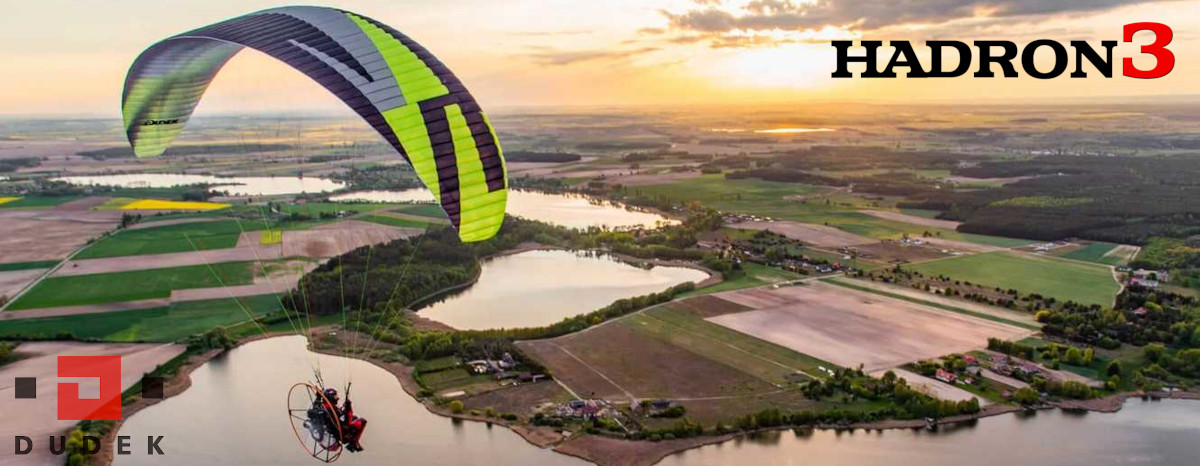
The Hadron 3 by Dudek Paragliders:
FROM THE MANUFACTURER:
“This wing is dedicated for the active pilots, who know the character of reflex paragliders and can manage them well. The recommended minimum is 200 hours paramotor time and at least 80 hours of annual flight time.
The paraglider is dedicated for the frequent and experienced flyers, who have perfectly mastered the reflex glider specifics.
Hadron’s “reflexivity” is constant in all trimmer positions. At 5,9 aspect ratio its 59 cells look relatively modest, allowing for easy inflation and perfect internal pressure distribution. Synthetic rods on its leading edge bring considerably better launch characteristics and stability at high speeds.
Hadron 3 has been designed as a solid vehicle for fast covering the ground. It features wide speed range, precise steering and great performance.
It launches flawlessly and easy, smoothly rising up. Does not stay behind, even with trimmers set at slow and nil wind.
Reflex airfoil of Hadron 3 stays almost constant, and the speed system can be safely used at all trimmer settings. When cutting through lift or turbulence the canopy stays over your head with only slight nicking, so it doesn’t require your constant attention.
Hadron 3 has its roots in the Hadron XX, but blends its agility with ease of operation of the Hadron 1.1. Many design solutions are new, from the very efficient airfoil, through risers, to the brake handles.”
INCLUDES:
- MotoBag XX (backpack for tight canopy packing, without harness)
- DewBag (quickpack)
- Transport bag including compression strap.
- speedbar Easy Catch
- pouch with documents and repair kit (self-adhesive cloth, spare line)
- wind ribbon and windsock
- small gifts
SPECS (from Dudek’s website):
| Hadron 3 – size |
16 | 18 | 20 | 22 | 24 |
| Approval – ULM identification | yes | yes | yes | yes | yes |
| Number of cells | 62 | ||||
| Surface area (flat) [m2] | 16.00 | 18.00 | 20.00 | 22.00 | 24.00 |
| Surface area (projected) [m2] | 13.52 | 15.21 | 16.89 | 18.58 | 20.27 |
| Span (flat) [m] | 9.80 | 10.39 | 10.95 | 11.49 | 12.00 |
| Span (projected) [m] | 7.80 | 8.28 | 8.73 | 9.15 | 9.56 |
| Aspect ratio (flat) | 6.00 | ||||
| Aspect ratio (projected) | 4.51 | ||||
| Sink [m/s] | min = 1.2 (+/- 0.2 m/s) | ||||
| Speed* [km/h] | min = 29 ; trim = 45-58 ; max = 71 (+/- 3 km/h)* | ||||
| Distance pilot to wing [m] | 5.78 | 6.13 | 6.46 | 6.78 | 7.08 |
| Total lines lenght [m] | 223.10 | 237.26 | 250.66 | 263.41 | 275.58 |
| Total take-off weight** [kg] | 80-100** | 90-110** | 100-120** | 110-135** | 120-150** |
| Max take-off weight – for experienced*** [kg] | 115*** | 130*** | 140*** | 155*** | 170*** |
| Distance between risers [cm] | 45 | 45 | 45 | 45 | 45 |
| Weight of the wing [kg] | 4.30 | 4.66 | 4.92 | 5.28 | 5.64 |
| Lines | A-8000U: 050; 090; 130; 190 / Technora: 90; 140; 190; 280 / Dyneema: 350 | ||||
| Fabric | Porcher Classic 38 g/m2 / Dominico tex 34 g/m2 / Porcher Hard 40 g/m2 / SR Scrim / SR Laminate 180g/m2 | ||||
* Speeds are given as estimated for the middle wing size and the middle of its weight range. These speeds can vary within +/- 3 km / h depending on the size, take-off weight and additional factors such as air pressure and temperature.
** The basic rule is to choose the size of the wing so that the take-off weight is in the middle of the weight range. Less weight on the wing (lower range take-off weight) can be considered for foot take-off, when flying in calmer conditions, or when we want to improve economy. More experienced pilots who want to fly dynamically, have higher speed and fly in more demanding wind conditions can consider greater wing loading (take-off weight in the upper range). This is a common option among trike users.
*** Note – the canopy significantly changes its behavior with increasing wing loading. The greater the loads, the greater skill and concentration of the pilot are required.
COLOR OPTIONS:
(Click Images to Enlarge)



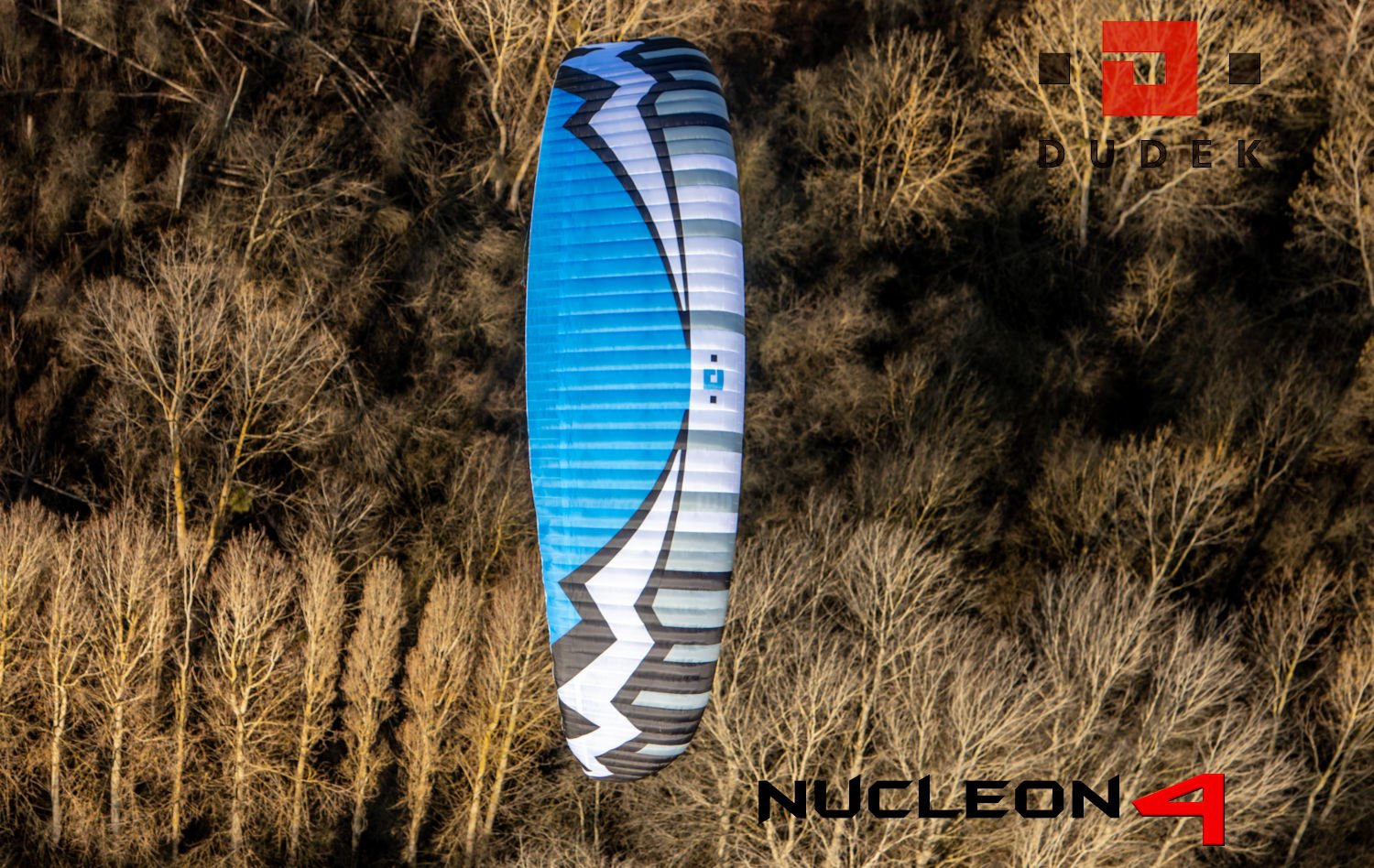
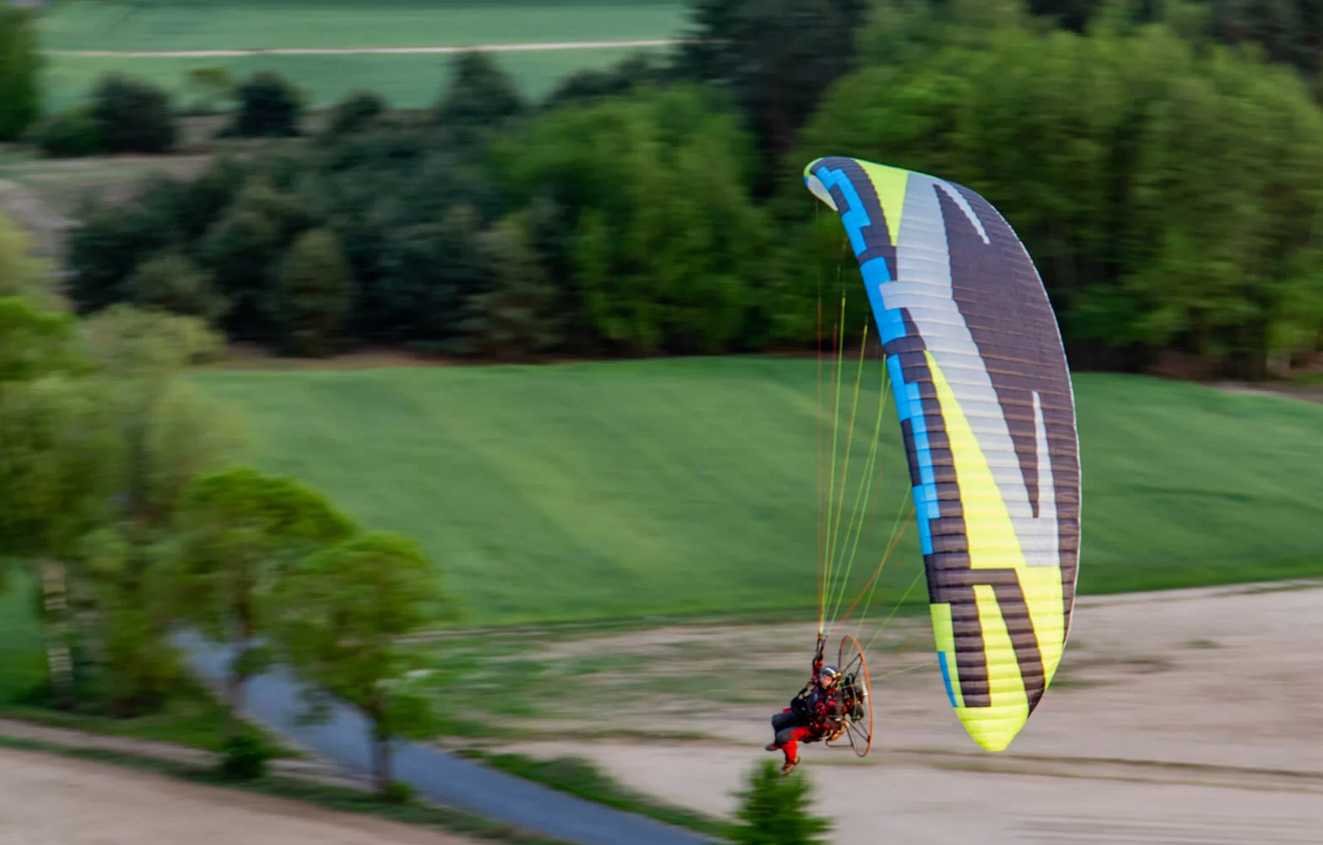
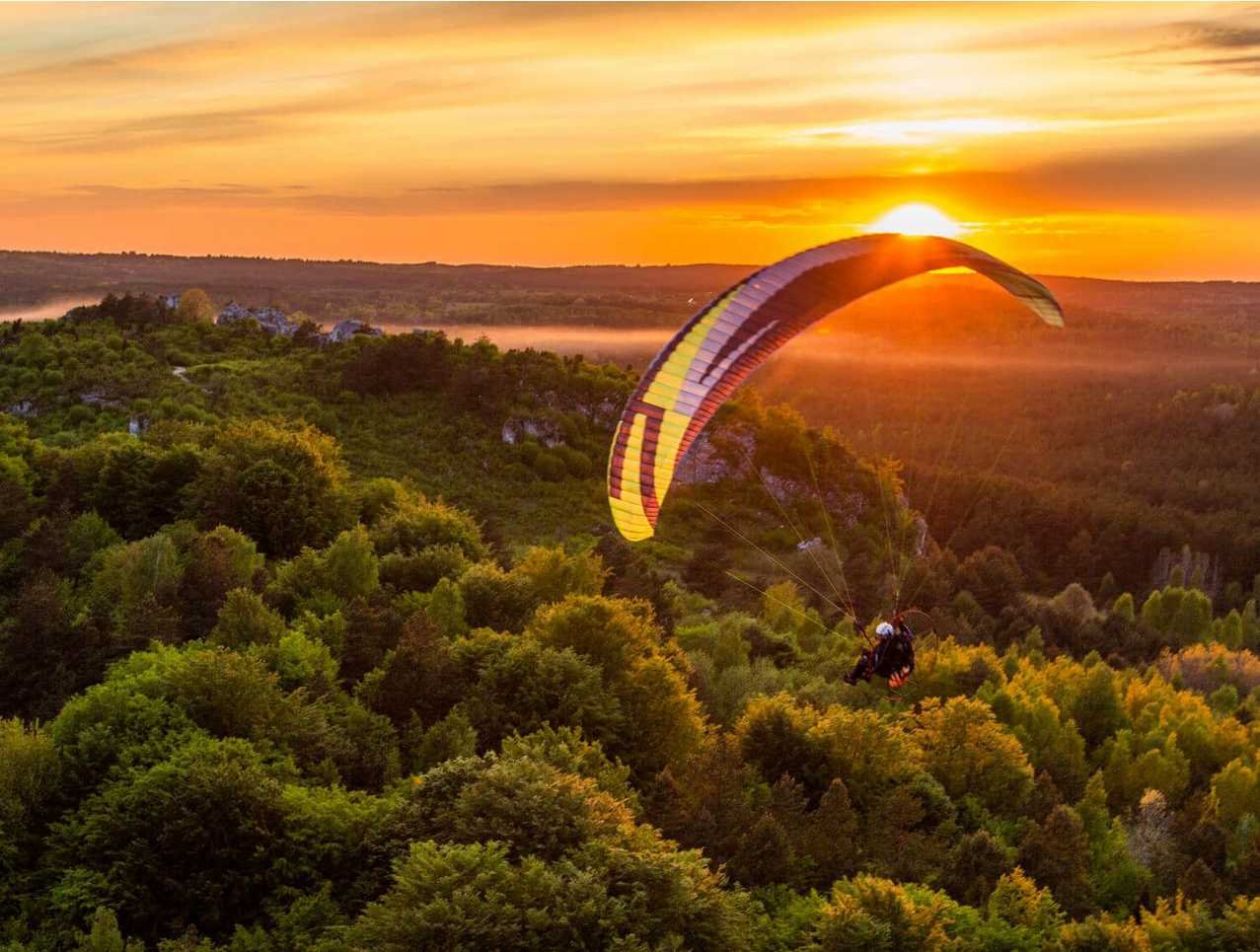

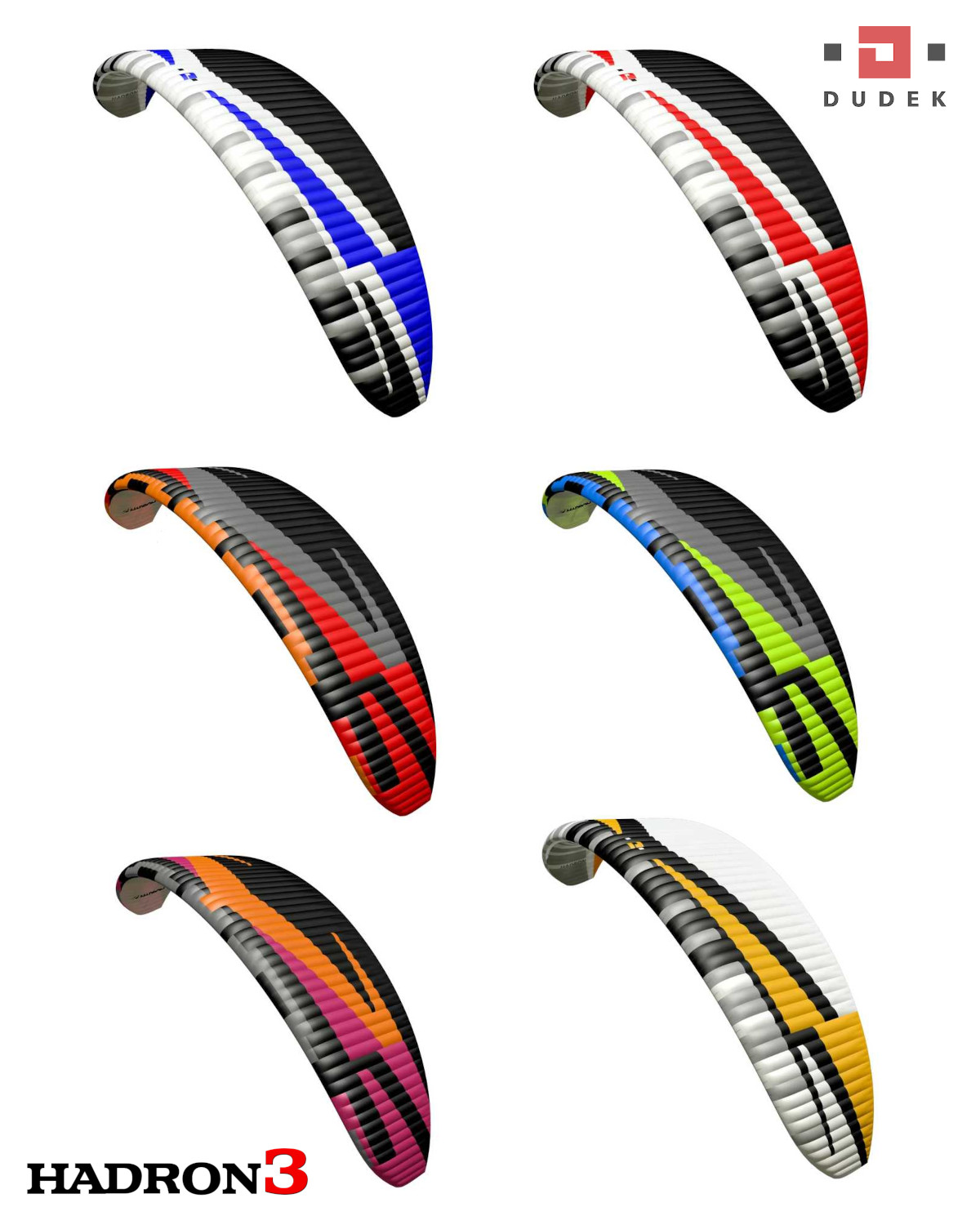
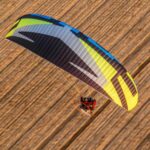
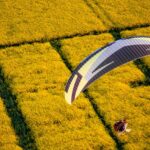
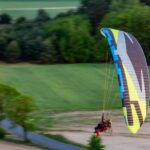
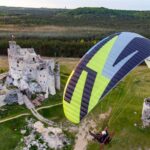

Reviews
There are no reviews yet.